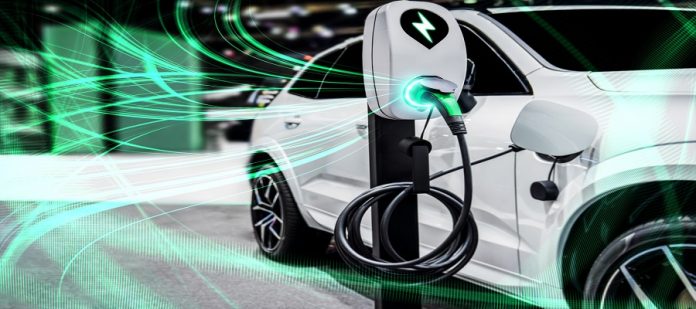In a groundbreaking shift towards sustainability, Electric Vehicle Original Equipment Manufacturers (EV OEMs) are taking centre stage in India’s automotive landscape. With over 2.3 million electric vehicles on the roads by March 2023, the nation is witnessing a surge towards cleaner transportation, predominantly in the form of two and three-wheelers. This surge not only marks a milestone for the electric vehicle market but also signals a significant boost to India’s electric vehicle battery production.
Powering the Circular Economy: A Strategic Imperative
One of the primary challenges in the electric vehicle sector revolves around responsible battery disposal and recycling. EV OEMs are now playing a crucial role in spearheading comprehensive battery recycling initiatives. This involves establishing robust collection programs, forming strategic partnerships with recycling facilities, and investing in research and development to enhance material recovery efficiency, particularly for valuable metals like lithium, cobalt, and nickel.
Design for Recycling: A Commitment to Environmental Stewardship
“Design for Recycling” is not just a catchphrase; it’s becoming a foundational principle for every EV OEM. This approach involves meticulous material selection, prioritizing components with transparent recycling pathways, and embracing modular designs that facilitate seamless disassembly and recycling. By doing so, EVs not only reduce their carbon footprint but also contribute to a more sustainable approach by extending the life cycle of materials.
Ethical Sourcing: A Mandate for Sustainable Growth
EV OEMs are taking a proactive stance on ethical practices by collaborating with suppliers to establish transparent and traceable supply chains. This commitment ensures that raw materials are ethically sourced and sustainably mined. Collaborating with battery recycling companies aligns with ethical sourcing requirements, contributing to a responsible and conscientious industry ecosystem.
Advocating Systemic Change
Beyond their manufacturing facilities, EV OEMs are actively championing policies that incentivize recycling. Extended Producer Responsibility (EPR) laws are gaining traction, showcasing the industry’s commitment to evolving practices. By collaborating with government agencies, recyclers, and research institutions, EV OEMs contribute to creating a collaborative ecosystem that drives comprehensive and effective recycling solutions.
Consumer Awareness and Innovation at the Core
EV OEMs recognize the power of education in fostering sustainable practices. Informative campaigns that enlighten the public on the proper disposal and recycling of EV components are crucial. Additionally, substantial investments in research and development are being made to uncover novel ways to recycle and repurpose materials from used vehicle components, driving innovation at the core of the electric vehicle revolution.
In conclusion, EV OEMs in India are not just manufacturers; they are visionaries shaping a sustainable future. By prioritizing recycling initiatives, advocating for responsible practices, and fostering collaboration across industries, these manufacturers are integral to propelling India’s battery recycling industry into a new era – a circular economy prioritizing sustainability as a non-negotiable imperative.








